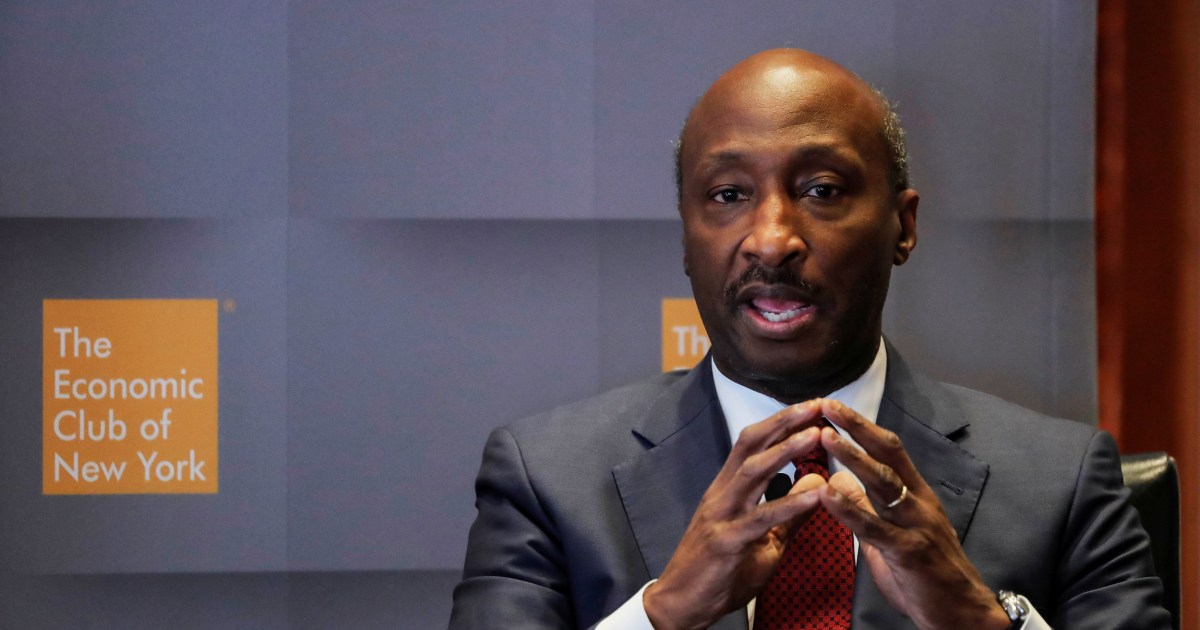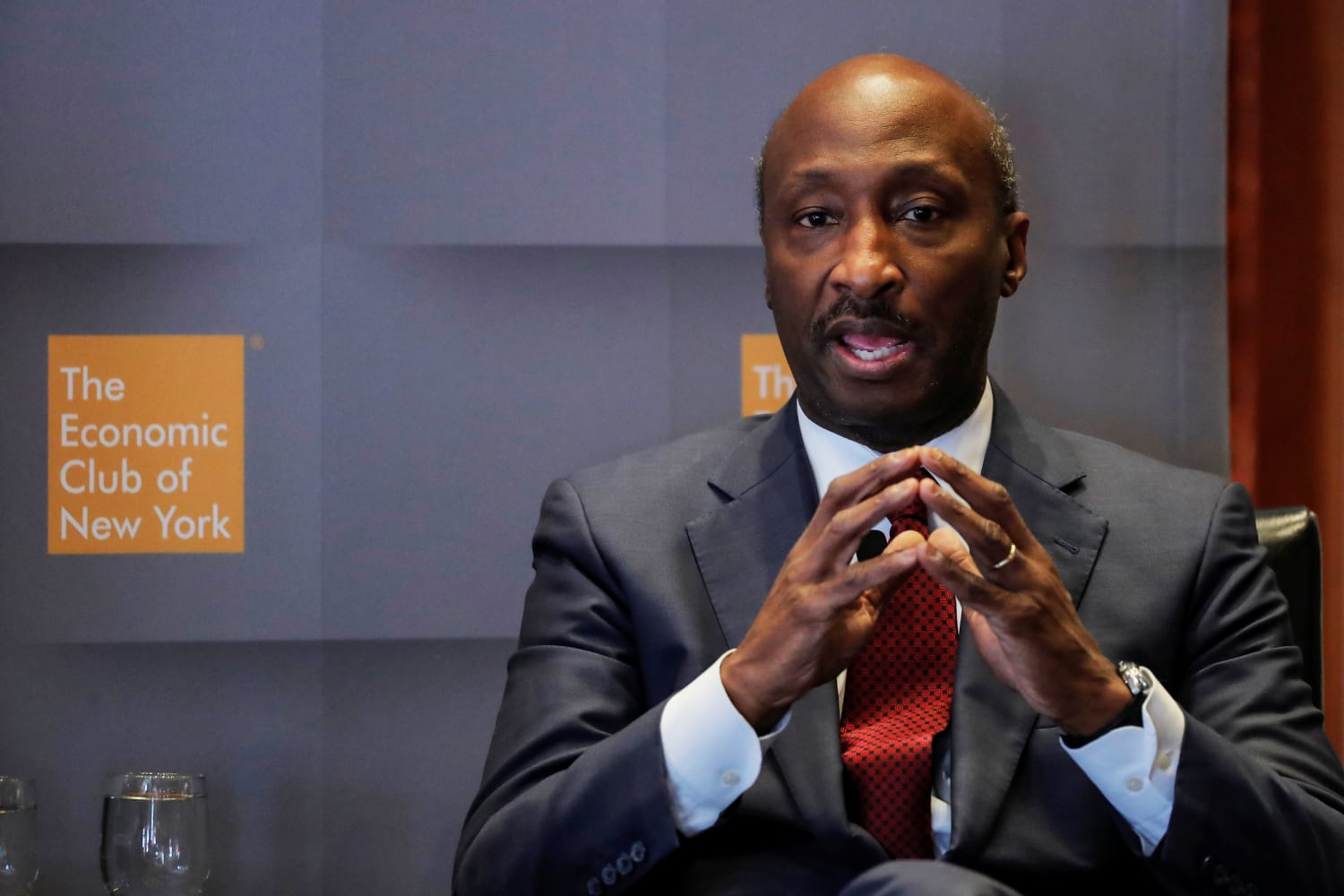
A coalition of 37 U.S. companies is aiming to hire and invest in 1 million Black Americans over the next 10 years in an effort it says will chip away at the economic barriers plaguing Black people in the country.
The startup, OneTen, includes companies such as Target, Verizon, Nike, Bank of America and Comcast who have signed on to help Black people without four-year degrees gain access and keep sustaining jobs. Comcast owns NBCUniversal, the parent company of NBC News and CNBC.
“Many times, companies require four-year degrees for the kinds of jobs that really do not require a four-year degree,” Merck CEO Ken Frazier, OneTen’s co-founder, told CBS News. “We’re trying to urge companies to take a skills-first approach rather than a credentials approach, which will eliminate some of the systemic barriers African Americans have faced.”
OneTen is intended to be a “comprehensive system” that connects companies with local education and skill-building organizations — such as community colleges and nonprofits — to not only hire Black people, but also intentionally invest in their success at the businesses.
The corporate world has long had a diversity problem. One side effect of systemic racism in the U.S., is that Black people account for 8 percent of white-collar professional employees, according to a report from the Center for Talent Innovation. Furthermore, only 3.2 percent of executives, senior-level officials and managers are Black, the researchers found.
Meanwhile, Black people are more than twice as likely to live below the poverty line than white people, according to the U.S. Census Bureau’s Current Population Survey, even though the poverty rate for Black people reached a historic low in 2019.
Inequitable access to well-paying jobs has generational consequences, too, as Black children born to parents in the lowest income bracket have just a 2.5 percent chance of ever leaving it. Both Frazier, one of five Black CEOs in the Fortune 500, and OneTen co-founder, IBM’s Ginni Rometty, acknowledge that the inequity isn’t due to individual failure, though.
“It’s not a lack of talent, it’s just a lack of access,” Rometty told CBS, noting that they hope the recruiting startup will lead to upward mobility for participants. The jobs would cover a wide range of positions from nurse practitioners to cybersecurity specialists.
Frazier said OneTen was born as corporate leaders began doing some “soul searching” following the police killing of George Floyd in May, according to The New York Times. And the Covid-19 pandemic only added to the urgency for economic advancement.
“The primary creator of wealth in the United States is the private sector,” Frazier said. “We can rebuild our country coming out of this pandemic. And if private companies decide that they’re going to hire, as we rebuild our economy, with an equity lens, then we’ll change the country.”
Follow NBCBLK on Facebook, Twitter and Instagram.
Source: | This article originally belongs to Nbcnews.com










